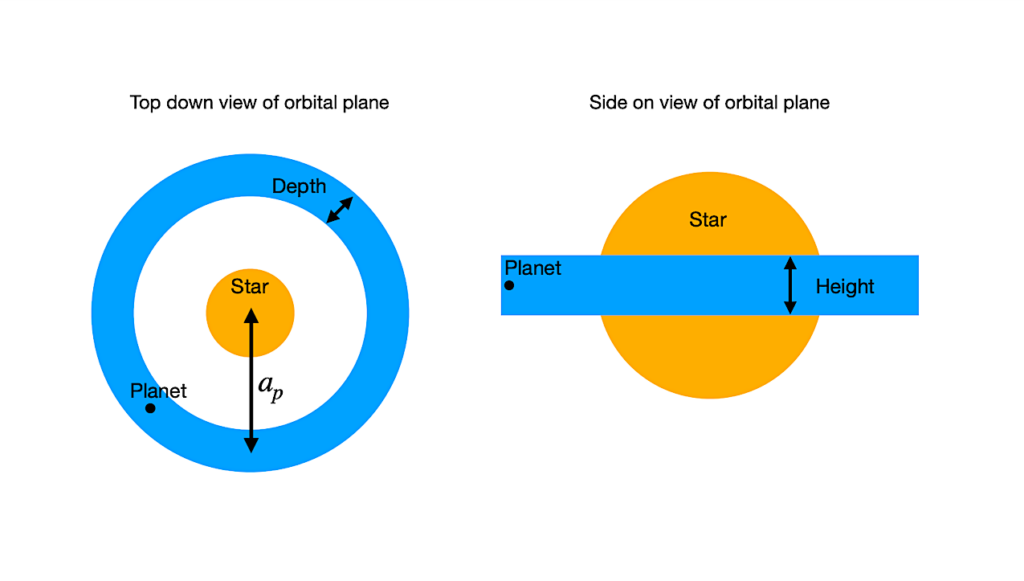Formation, Tidal Evolution and Habitability of the Kepler-186 System

The Kepler-186 system consists of five planets orbiting an early-M dwarf. The planets have physical radii of 1.0-1.50 R⊕ and orbital periods of 4 to 130 days.
The 1.1 R⊕ Kepler-186f with a period of 130 days is of particular interest. Its insolation of roughly 0.32 S ⊙ places it within the liquid water habitable zone. We present a multi-faceted study of the Kepler-186 system. First, we show that the distribution of planet masses can be roughly reproduced if the planets accreted from a high-surface density disk presumably sculpted by an earlier phase of migration. However, our simulations predict the existence of 1-2 undetected planets between planets e and f. Next, we present a dynamical analysis of the system including the effect of tides.
The timescale for tidal evolution is short enough that the four inner planets must have small obliquities and near-synchronous rotation rates. Tidal evolution of Kepler-186f is slow enough that its current spin state depends on a combination of its dissipation rate and the stellar age. Finally, we study the habitability of Kepler-186f with a 1-D climate model. The planet’s surface temperature can be raised above 273 K with 0.5-5 bars of CO2 , depending on the amount of N2 present. Kepler-186f represents a case study of an Earth-sized planet in the cooler regions of the habitable zone of a cool star.
Emeline Bolmont, Sean N. Raymond, Philip von Paris, Franck Selsis, Franck Hersant, Elisa V. Quintana, Thomas Barclay (Submitted on 16 Apr 2014)
Comments: Paper submitted to ApJ
Subjects: Earth and Planetary Astrophysics (astro-ph.EP)
Cite as: arXiv:1404.4368 [astro-ph.EP] (or arXiv:1404.4368v1 [astro-ph.EP] for this version)
Submission history From: Emeline Bolmont [v1] Wed, 16 Apr 2014 20:00:11 GMT (2144kb,D)







